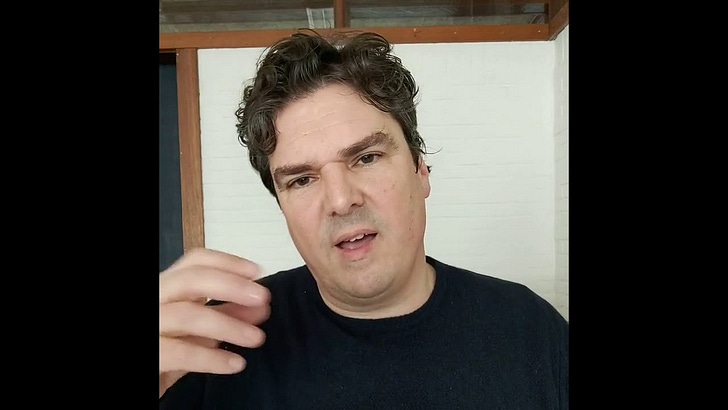Hi. Thanks for checking in on this week’s vlog.
Coming this week
On Saturday February 20th I’ll post on the latest chapter in an unfolding contest between judges and the government, after a court in the Hague this week found the curfew to be unlawful.
Not unnecessary, but illegal: specifically, a misuse of emergency powers to bypass the upper and lower houses of parliament.
Prime minister Mark Rutte immediately urged people to respect the rules by staying at home after 9pm. Legal or not, the decision to impose the first national curfew since the Nazi occupation during the Second World War had been right, he said.
Here’s my sub-1 minute update:
It’s timely because…
Unlike other measures adopted under last year’s new corona law - de coronawet, the curfew was imposed under emergency legislation from 1996. Judge SJ Hoekstra-van Vliet found in favour of a claim by the coronavirus-sceptic organisation Virus Truth - vereniging Viruswaarheid - that the circumstances of the curfew did not meet the law’s criteria for “urgent and extraordinary circumstances”.
The background
In the Netherlands and elsewhere, the pandemic has exposed the failures - and strengths - of a liberal democratic system in a moment of crisis. But even before Covid-19, the prime minister had voiced opposition to bold decisions by judges to uphold the goals of the 2015 Paris Climate Agreement. The Supreme Court has made precedent for Europe, but the majority VVD party proposes to ban public interest litigation.
For 2nd Opinion, guest writer Douwe de Lange surveyed the repercussions in A revolutionary court for the world. This is a free post.
Keep well. Met vriendelijke groet!
Mark
READ MORE
A revolutionary court for the world
Litigants are pushing Dutch judges to act against governments and polluting companies which defy the Paris Climate Agreement.
The slow start to vaccination is the new ‘agile’.
After the tax scandal and vaccine delays, let’s talk about the war.
COMING SOON
Albrecht Durer and the whale: an encounter with writer Philip Hoare
'It’s all potentially disastrous. Perhaps humans shouldn’t live in Zeeland.'



